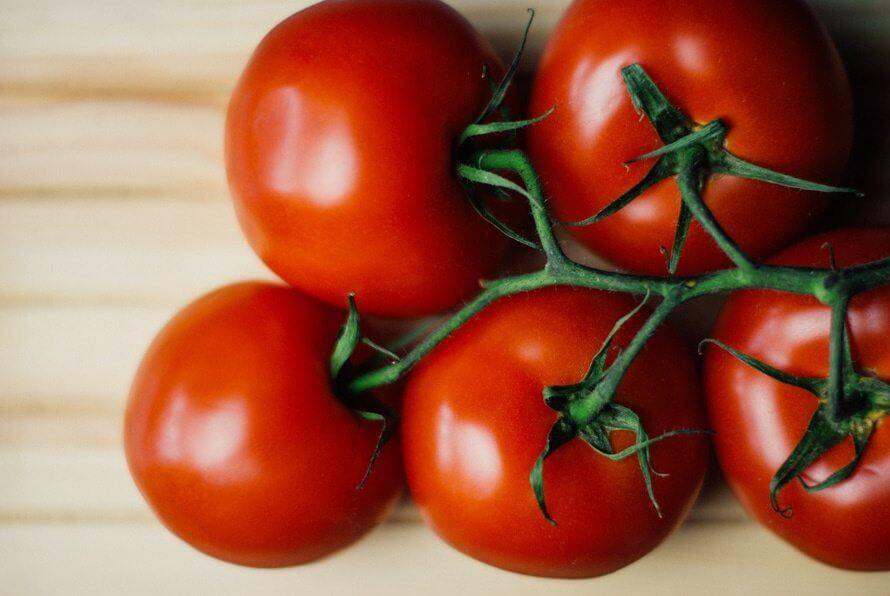
Food safety should be the number one priority for all restaurants. Food poisoning can severely hurt, and in some cases, kill individuals who’ve been affected by it. Beside the personal cost to individual customers, even one case of food poisoning reported in your restaurant can destroy your business over night. People are very weary of food-borne illness, and even one slip up can ruin a restaurant’s reputation through negative media exposure. Further costs can accrue in the form of legal fees, insurance premiums, a decrease in staff morale, and spending to retrain staff. Suffice it to say, a restaurant cannot afford even one case of food poisoning.
Become well-versed in local, national, and international food safety guidelines and follow them, such as the Food Safety Modernization Act (FSMA) of 2011. It is rather easy to get a food handlers card in Oregon and many other states, and new restaurant employees may not necessarily understand the importance of food safety. Take the time to familiarize your entire team with food safety standards through training. Emphasize that young children, the elderly, and people with compromised immune systems may be more susceptible to food-borne illness, and it is an ethical responsibility to be clean and safe at work.
As a premier restaurant supply company in the Portland, OR area, McDonald’s Wholesale takes food safety very seriously. We’ve put together 8 essential guidelines to improve and maintain food safety in your restaurant.
1) Wash your hands. One employee can spread illness to many customers in a short time. Employees should never feel so rushed that they do not thoroughly wash their hands, even during peak hours. Be sure to give them time to do so and emphasize its importance. When using the restroom, employees should always wash their hands once in the restroom, and once again before returning to work.
2) Wash produce. Fresh produce can become contaminated with bacteria during processing and shipment. The best way to ensure safety is to wash all produce upon receiving it.
3) Systematically store refrigerated food. Make sure your refrigerators are at 40 degrees Fahrenheit or lower, as that is the minimum low to avoid bacterial growth. Order all storage with raw materials on the bottom, cooked on top, especially with meats. Follow a strict first in first out policy, where the oldest foods are at the front, to be used first, and be sure to date everything.
4) Cook foods to their designated safe temperatures. Different foods have different minimum internal temperature requirements. Your cooks need to know these temperatures by heart for each food and sustain that temperature for at least fifteen seconds to kill bacteria.
5) Sanitize all surfaces that make contact with food. Regularly clean countertops, cutting boards, pots and pans, utensils, and any other surfaces that food touches in your restaurant. Bleach water has been a standard for ages, but less harsh alternatives are now available.
6) Schedule inspections. Walk through your establishment once or twice a month while closed or during non-busy hours and inspect all areas with a checklist. Self Health Inspection checklists are available from your local health inspectors. Consider walking the restaurant with a professional health inspector who can compare your operation with others.
7) Systematically check incoming shipments. Contamination can occur at any point in the supply chain, and catching contaminated foods as they’re entering your stock can help you avoid contaminating the rest of your supplies. You can also help identify where the contamination is happening and save both you and your supplier money.
8) Work with a trusted vendor. Finding a wholesaler that prioritizes food safety and maintains high quality control standards is a must. All your effort may be in vein if your supplier does not maintain the same high standards as your restaurant.
At McDonald Wholesale, we’re committed to bringing our partners the best which is why we perform rigorous inspection procedures for food safety and quality, participate in an HACCP program and consistently receive “superior” scores from AIB International. Contact us today to learn more about our restaurant supply services.

